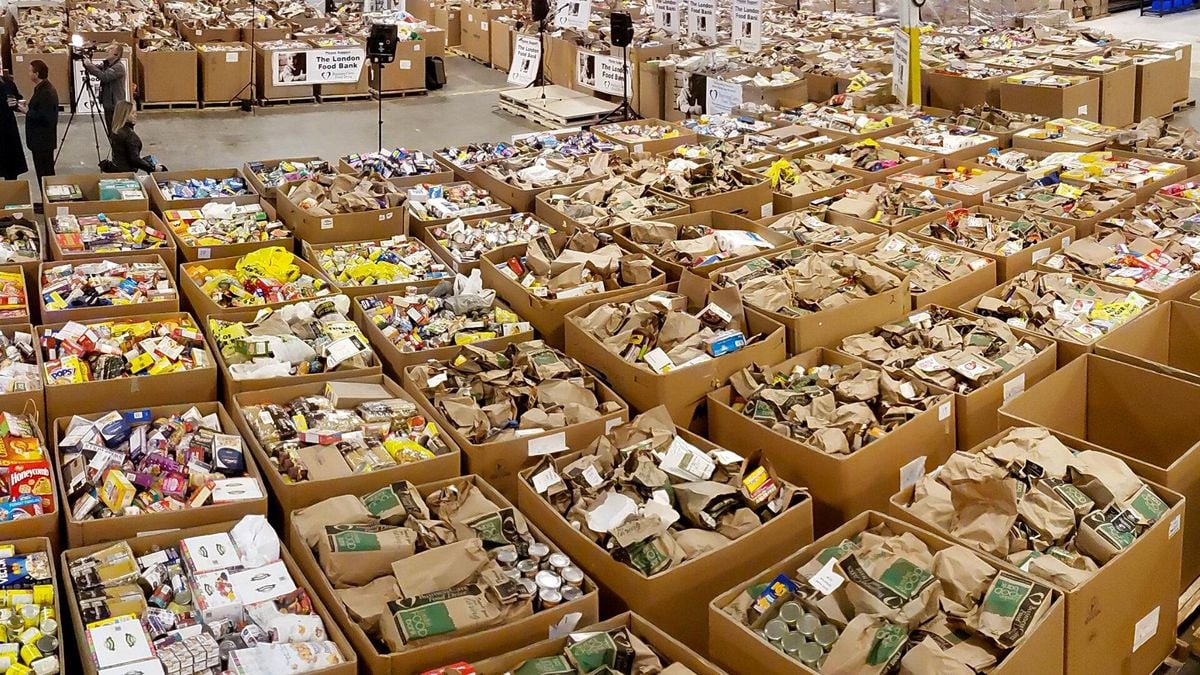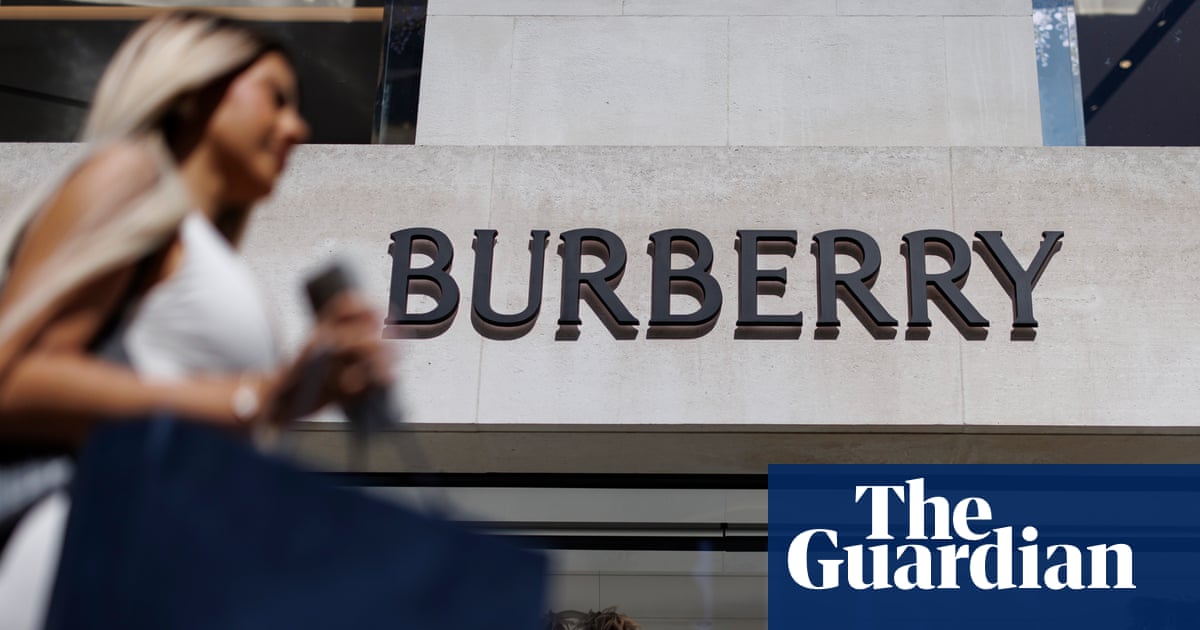London’s Food Bank Demand Surges Amid Tourism Boom

London has emerged as both a beacon of tourism and as one of the UK cities most reliant on food banks, presenting a stark juxtaposition of affluence and deprivation. A recent study by Afforda has placed London eighth among the UK cities needing food banks the most, reflecting the alarming rise of food insecurity as economic challenges continue to mount.
The analysis conducted by Afforda gauged search volumes related to food banks across 78 UK towns and cities, adjusting the data for population size to yield meaningful insights. Birmingham topped the rankings, with staggering average monthly searches for food bank-related keywords at approximately 284 per 100,000 people. Following closely were Glasgow and Liverpool, with searches of 196.95 and 174.77 respectively. London registered 145.29 searches per 100,000 residents, totaling over 12,882 average monthly inquiries referencing terms like ‘food bank near me’ and ‘local food banks’.
Mark Fiander, CEO of Gain Credit, remarked on these concerning findings, stating, “The rise in food bank reliance across UK cities is a clear indication of the growing inequality and financial strain faced by many households.” This statement highlights the urgent need for coordinated action among policymakers, businesses, and communities to tackle the increasingly serious issue of food insecurity.
On the other hand, recent research by Tourix has uncovered noteworthy trends within the travel preferences of Greek citizens over the past three years. According to this study, London has leapfrogged Rome as the top international travel destination for Greek travelers, reflecting shifting preferences as the city’s rich history and cultural offerings allure tourists. This is particularly significant, considering Rome held the number one position for two consecutive years prior.
The Tourix study, spanning 2022 to 2024, noted the emergence of new trends as 2024 sees London crowned the favorite destination, with Barcelona also showing impressive growth as it climbed from ninth to sixth place. “The systematic monitoring of trends is now a strategic tool for travel agencies,” noted Stavros Kefalas, co-founder of Tourix, highlighting the importance for agencies to remain agile and responsive to the changing travel patterns.
This dual narrative of growing demand for food banks and the surge of tourism interest raises poignant questions about London’s economic disparities. While the travel sector flourishes, with tourists flocking to see iconic sites, the local population grapples with rising costs and increased reliance on community support systems like food banks.
Interestingly, the similarities between the methods of assessing food bank needs and tourism trends reveal much about contemporary society’s dynamics. Both studies employed analysis of search volume data, representing the public’s immediate inquiries and needs. The increasing searches for food banks signal a desperate need for assistance, whereas the heightened interest in traveling to London showcases consumers’ desire for experiences.
Despite these challenges, the tourism sector’s growth could provide economic benefits to London, including potential job creation and increased revenue for local businesses. It creates hope for advocates who work tirelessly to alleviate food insecurity, as more visitors can lead to more vibrant local economies.
With London simultaneously hosting tourists and battling food bank demands, local authorities face the challenge of ensuring both sectors thrive and support one another. The need for comprehensive policy responses becomes ever more apparent, especially as the city navigates the delicate balance between tourist attractions maintaining allure and the pressing humanitarian needs of its residents.
Fiander’s call for action is echoed by the tourism sector’s leaders, who urge all stakeholders to recognize and address the urgent challenges faced by many Londoners. It serves as a timely reminder: as the city welcomes millions each year, it must not forget its own.
link






